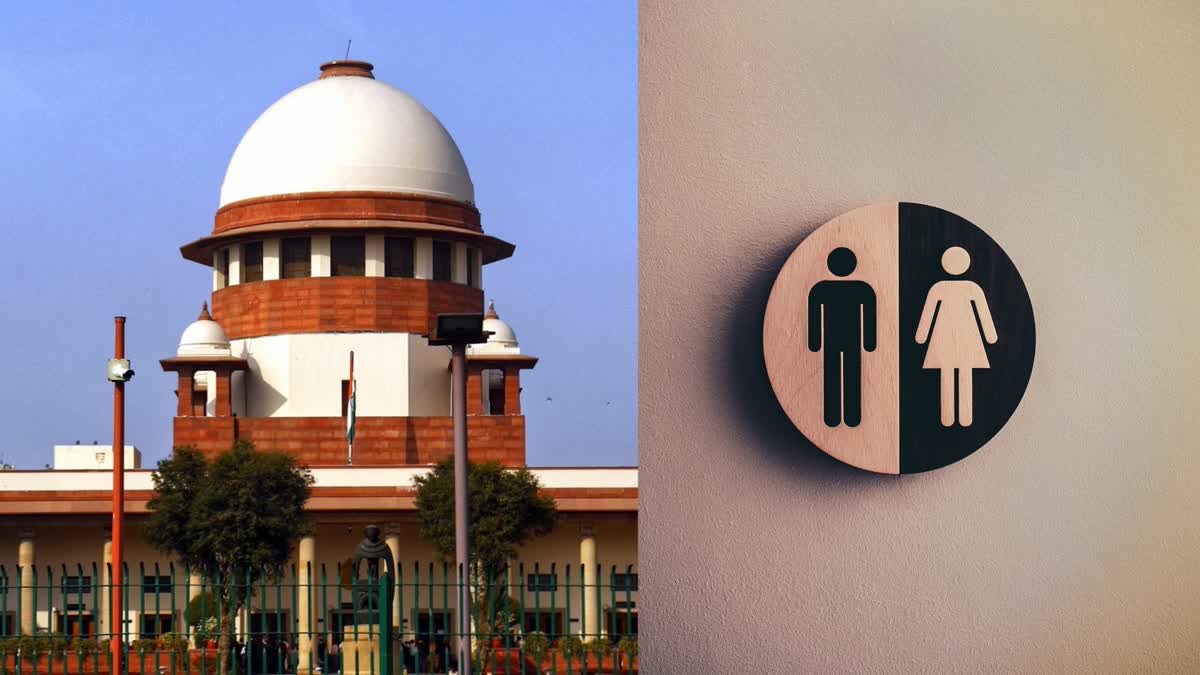New Delhi: In a big move towards gender sensitisation in judicial proceedings, the Supreme Court Wednesday launched a handbook, which lists words and phrases loaded with gender stereotypes and the handbook also cautions judges to avoid their usage in court orders.
The Chief Justice of India D Y Chandrachud, at the launch of the 'Handbook on Combating Gender Stereotypes', cited several offensive words, which were used for women in past court judgments. He said these words are improper and have been used for women in court judgments and the goal of the handbook is to define these stereotypes and spread awareness among them.
The Chief Justice said the handbook will be uploaded on the apex court’s website and that the objective of this handbook is not to criticise those judgments or doubt them and this is just to underline how gender stereotypes are perpetuated inadvertently.
"Our oath as judges mandates that we perform the duties of our office without fear or favour, affection or ill-will'," the CJI said, in the foreword to the handbook. "The oath demands that we discharge our functions with impartiality and objectivity, applying the law to every case before us. A judge’s oath demands rejecting improper attempts to influence their decision-making. The oath also requires a judge to put aside any preconceived notions about the parties before the court."
The handbook contains a glossary of gender unjust terms and suggests alternative words or phrases which may be used in pleadings, orders and judgments. The Chief Justice said that the manual and the tutorial for e-filing have been uploaded on the apex court’s website and it would be followed by the handbook.
According to the book, it aims to explain what stereotypes are, and help judges identify and avoid such stereotypes by: identifying language that promotes gender stereotypes and offering alternative words and phrases; and identifying common reasoning patterns that are based on gender stereotypes (particularly about women) and discussing why they are incorrect. The handbook also highlights binding decisions of the Supreme Court of India that have rejected these stereotypes and can be utilised by judges to dispel gender stereotypes.



